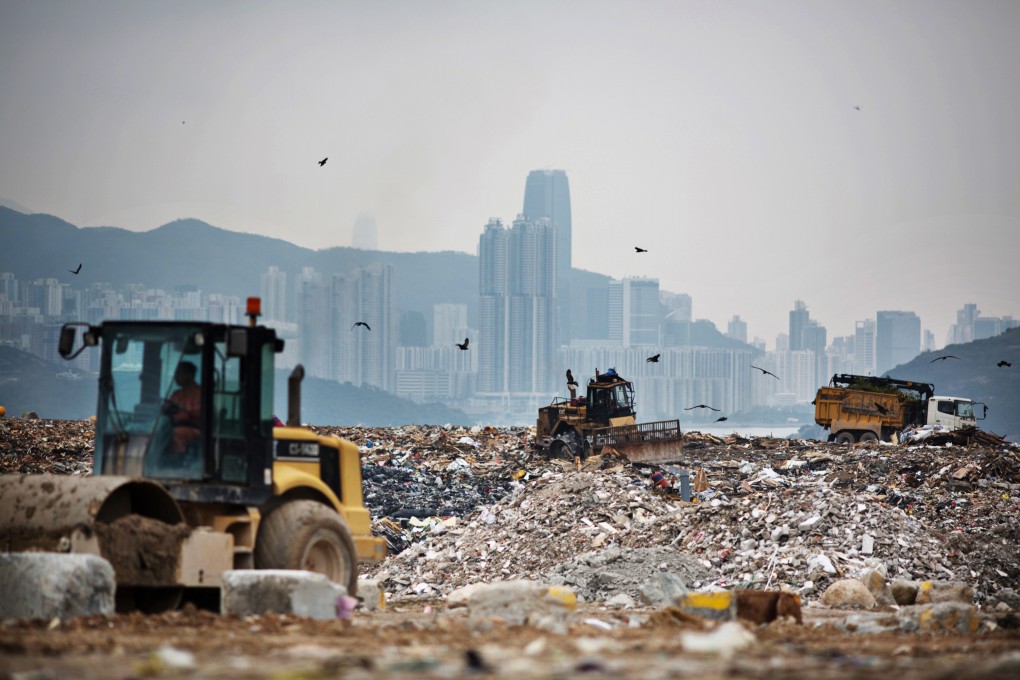How education can change people's attitudes about waste disposal
Edwin Lau highlights successful trials in private and public buildings

The Council for Sustainable Development is heading in the right direction with plans to charge according to the amount of waste each household disposes of. This will be the best incentive to drive down waste generation. However, the council and the Environment Bureau seem to worry about whether people will act properly and not dump their waste in public areas when legislation is in place.
They seem to have forgotten how effective a tool education can be - more effective than policing - in changing attitudes about social and environmental issues. Some think education takes a long time to achieve results. It really depends on the approach. Government propaganda on TV won't work; constant public engagement and provision of convenient recycling facilities will.
Two recent success stories show how Hong Kong people can change their attitudes about the environment once they have a better understanding of the problems and the eco-friendly options available.
Case one is our four-week trial in a private residential building to educate tenants on what to do in a waste charging simulation exercise. We worked with the group Greener Action to educate tenants and set up systems to separate items for recycling before putting the remaining waste into designated bags every evening and recording their weight. Some 90 per cent of tenants took part; the amount of waste for disposal was cut by up to 30 per cent.
The second success is our food waste recycling trial in public housing. To get tenants to reduce waste seems mission impossible in the minds of senior government officials, who believe only regulations can make tenants act.
We approached the estate management to inform them of our waste crisis, and took them to visit - and smell - our landfills and food waste recycling plants, and encouraged interaction with our trained staff and volunteers to motivate them to act.